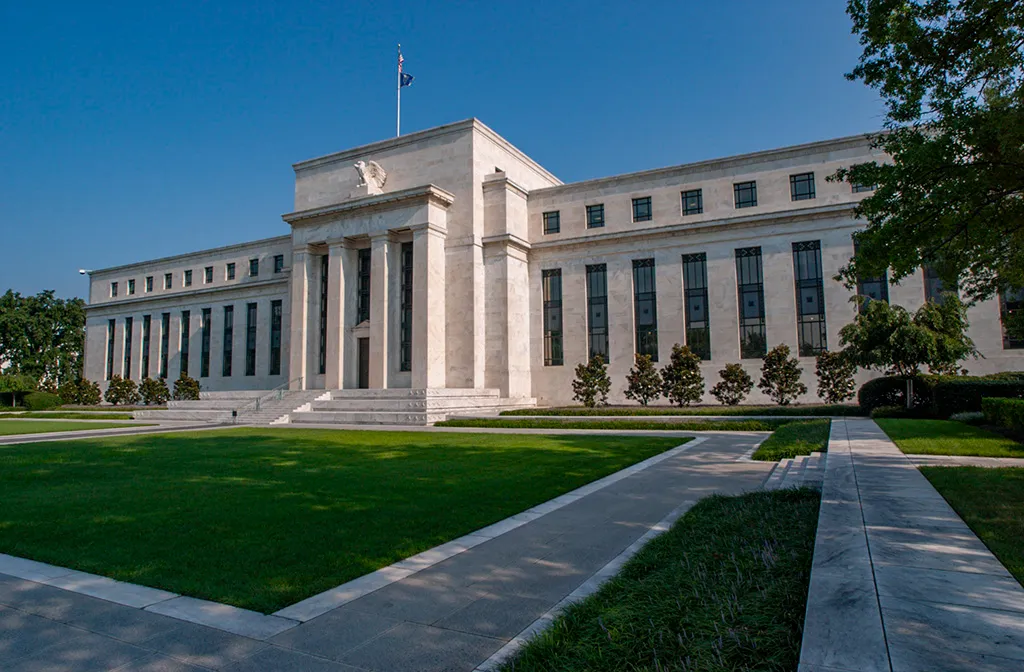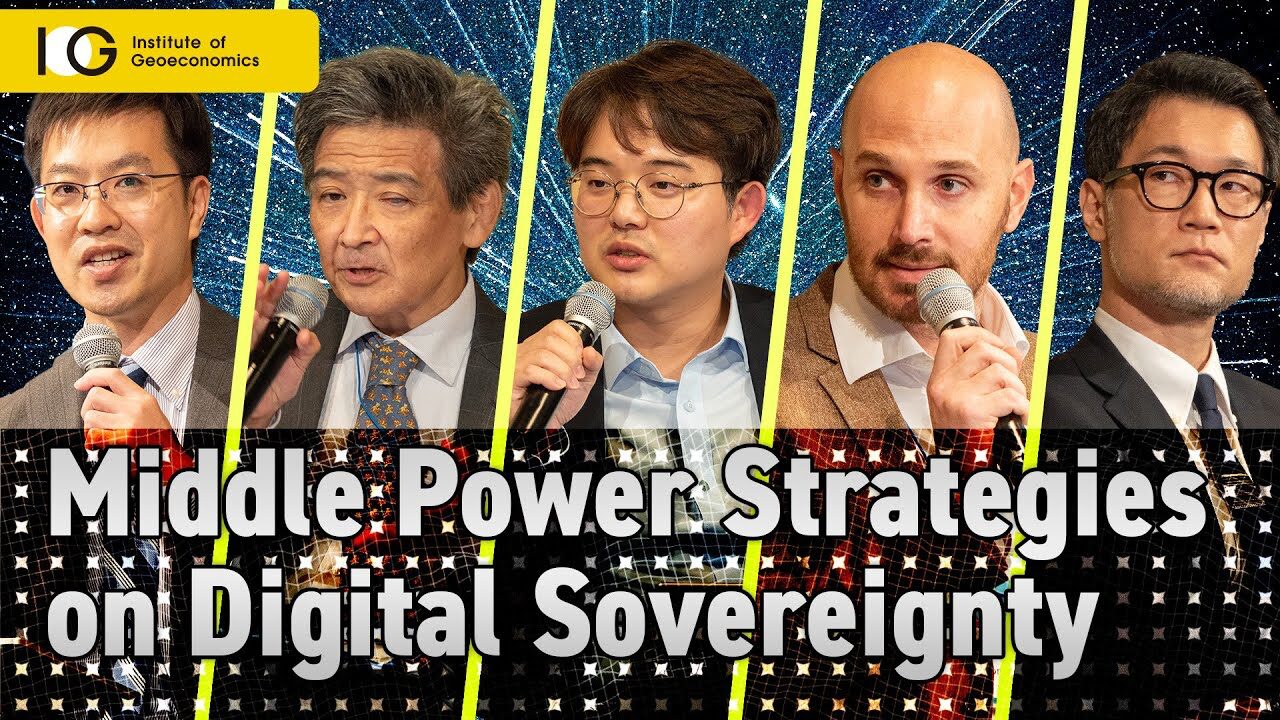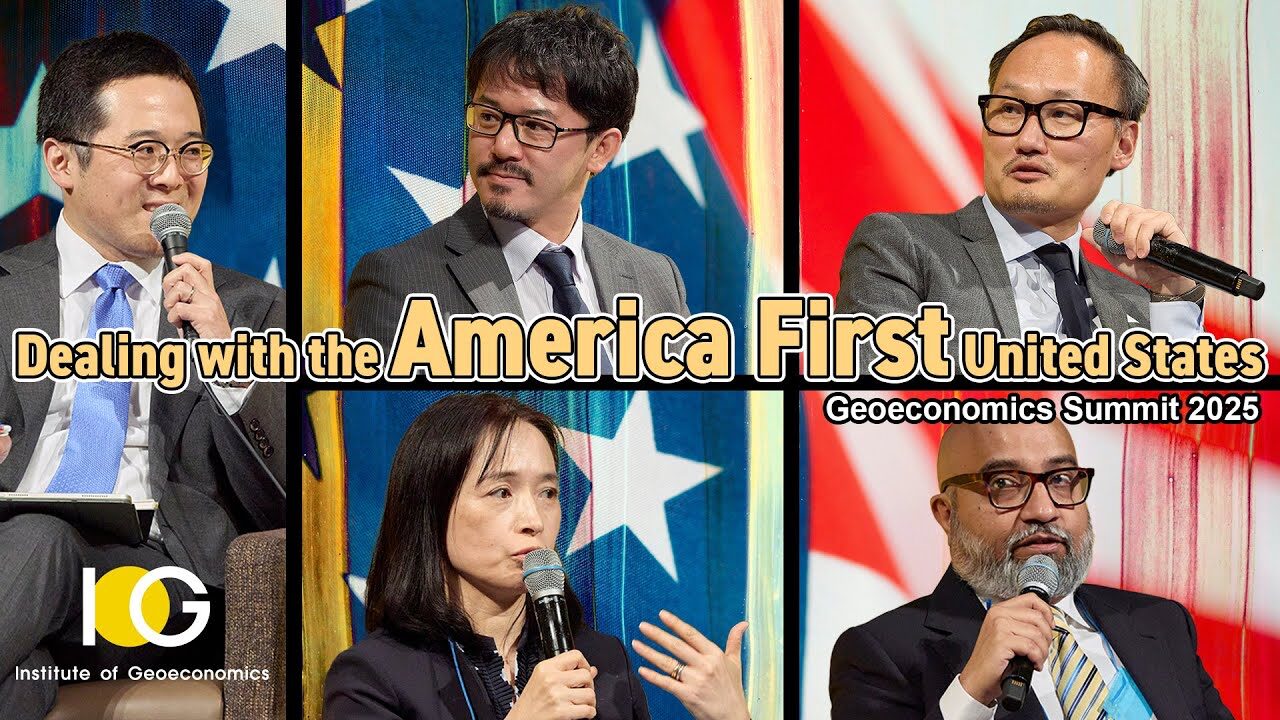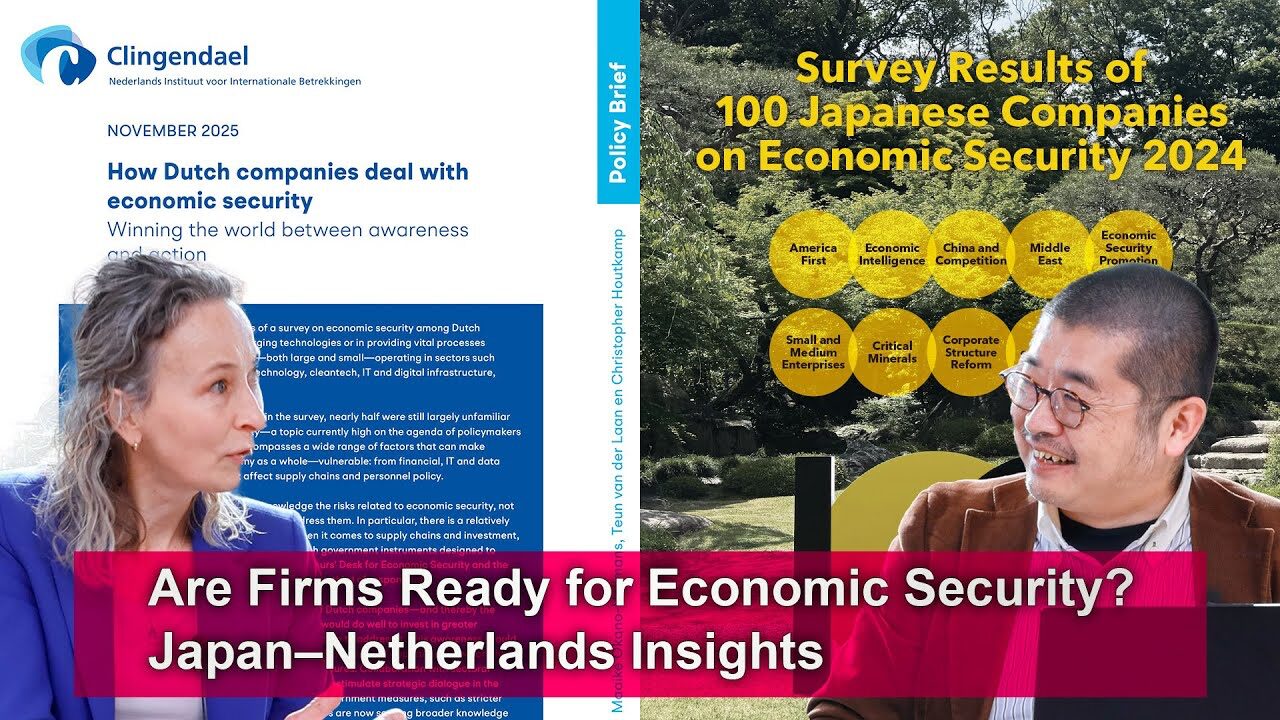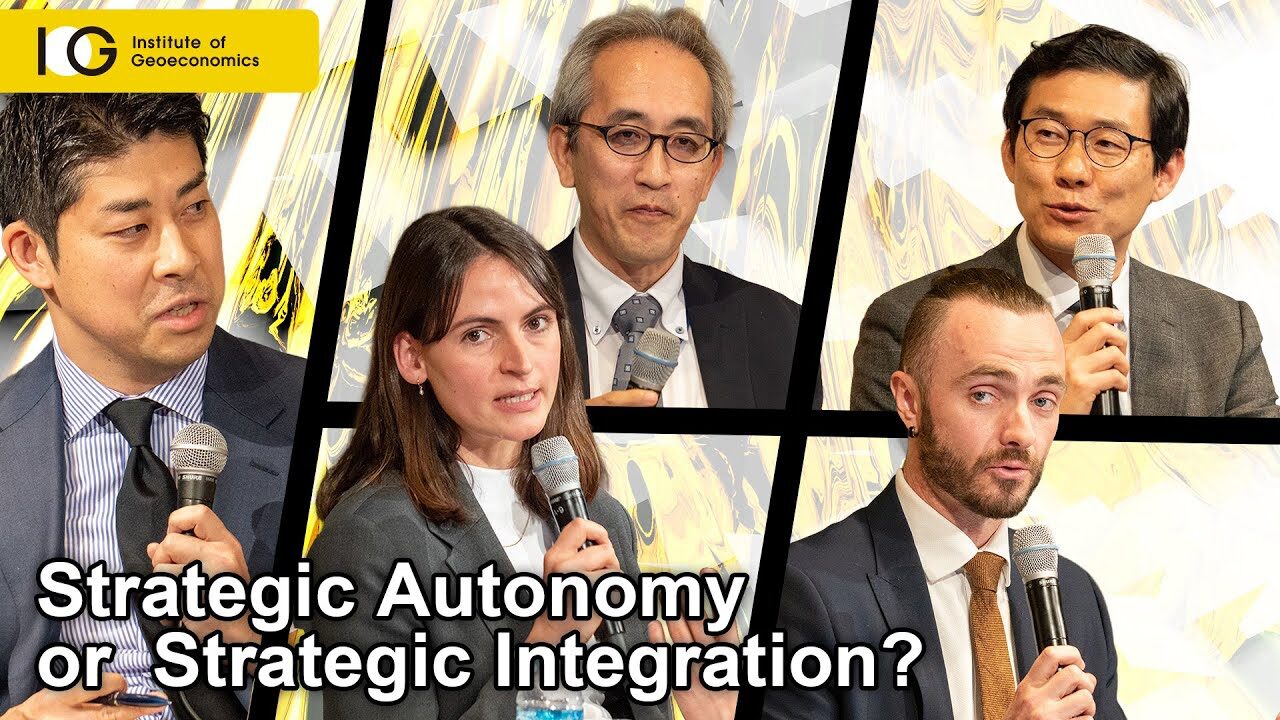Event Report: The Trump Tariffs and Their Impact on the Japanese Economy
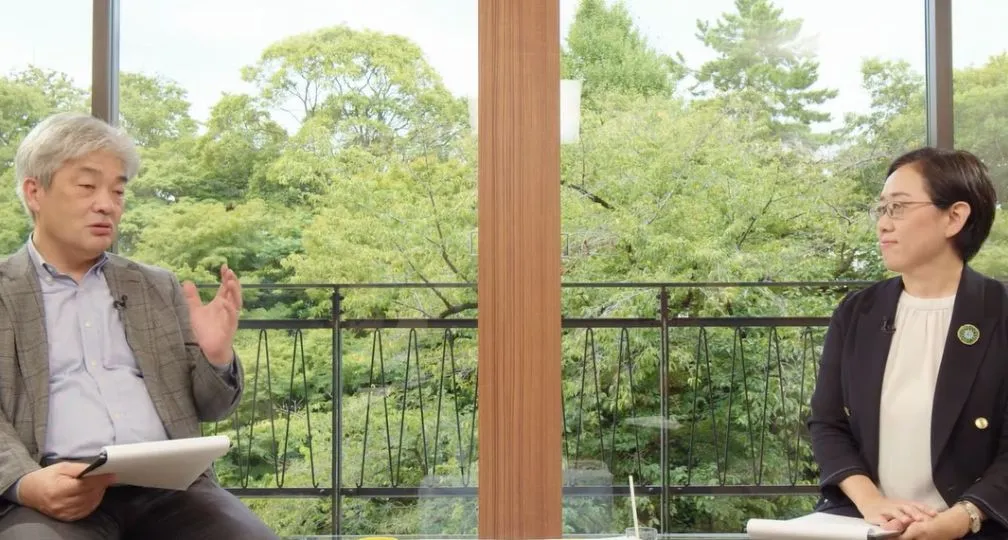
Introduction
First, by briefly mentioning the memorandum of Japan-U.S. trade agreement signed on September 4, Suzuki showed his concern towards the future prospects of this agreement. His concern mainly came from the US-led governance structure and unfair profit-sharing system outlined in this agreement. Although Japan would reserve the right to decline investments, such acts would provoke an even higher tariff reprisal against Japan.
The Nature of Tariffs
To illustrate the dynamics of Trump’s tariff strategy, they explored the nature of the measures being implemented. Pivette saw the widespread frustration amongst people in the MAGA movement as the driving force behind Trump’s foreign policy. People upholding the MAGA movement have cultivated a sense of being victimized by globalization, which they view has weakened their industries, and deprived them of jobs. Hence, they tend to uphold anti-globalization beliefs in order to restore their industry, their pride and their dignity. Pivette argued that this sentiment triggered Trump to advocate economic protectionism, including tariffs. Thus, whereas the Trump tariffs seem to be irrational from an economic perspective, they might be quite rational when we think of tariffs as a tool to restore people’s pride.
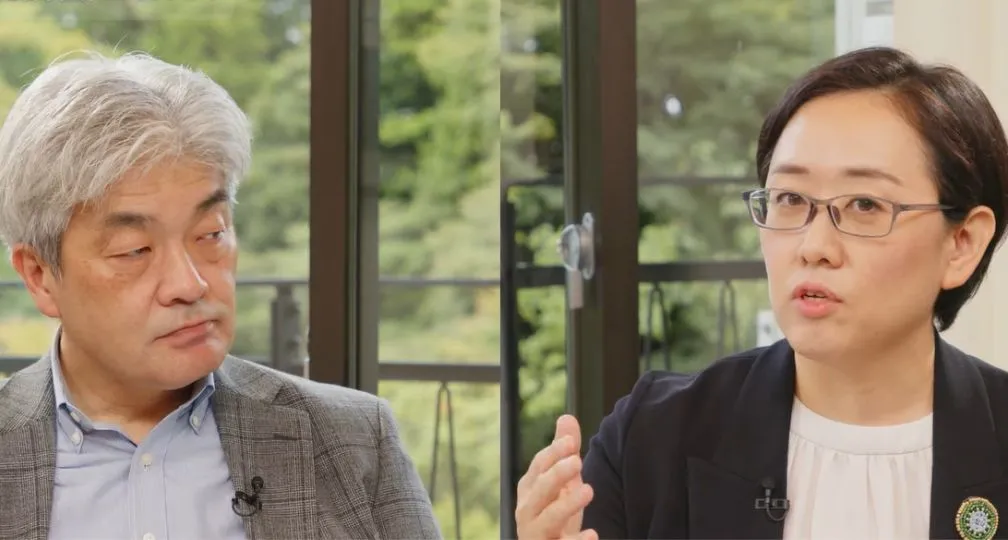
The Legal Obstacles of Tariffs
Next, they focused on the legal dispute of tariffs and explored how upcoming court rulings would affect the Japan-U.S. tariff negotiations. Pivette noted that regardless of the judgment by the U.S. Supreme Court, the product-specific tariffs, including automobiles and aluminum, would still continue to apply. Thus, business entities still need to prepare to alleviate the burden of these tariffs.
Moreover, even though the tariff measures may be judged as unlawful by the U.S. Supreme Court, the Trump administration would search for alternative legal bases to show their legitimacy. Amongst these alternatives are Section 301 of the Trade Act of 1974, Section 338 of the Trade Act of 1930, the most viable plan is to utilize Section 122 of the 1974 Trade Act, which allows the president to impose tariff up to 15% on countries with whom the U.S. has a large and serious trade deficit. Interestingly, many countries have settled with the Trump administration on a 15% tariff rate, which aligns with Section 122.
Japan-U.S. Trade Agreement
Then, the conversation moved on to the issue of the Japan-U.S. Trade Agreement. Suzuki showed a skeptic viewpoint of the future trajectory of this plan due to their unpredictable and unfair protocols. Whereas Pivette displayed a similar pessimistic viewpoint, she also highlighted the potentially beneficial aspects of US engagements, including providing infrastructure support for smooth project execution, and how Japanese vendors and suppliers may be prioritized in the investment process. She also encouraged Japanese businesses to actively engage with both their U.S. counterparts and with the Trump administration to clearly articulate demands and intention to minimize unpredictability and misunderstanding.
Suzuki also pointed out the longstanding human resource shortage in the U.S. as another drawback of the investment agreements, arguing that it was highly doubtful whether the U.S. had enough human resources to undertake the enormous investments coming from these agreements. Pivette shared the same concern with Suzuki, noting that although quite ambitious, Trump’ s vision to attract huge investment and revitalize domestic industries would turn out to be simply unrealistic due to the various obstacles due in part to the structural shortage of human resources that have the necessary technical expertise.
Securitization of Economy
Pivette further spoke of the dynamics of economic relations with the U.S. by introducing the idea of “securitization of economy”, which refers to the way of economic governance based on national security rather than from economic rationality. She noted that unlike the conventional liberal economic order, the world going forward would see a massive transformation. She speculated that there will be growing political interference into economic activities based on national security grounds. In other words, under the pretext of “national security”, political interferences undermining liberal economic principles could be justified to protect domestic industries.
Moreover, Suzuki observed that such US-led securitizations would apply not only to its competitors but also to its allies. He elaborated on the nature of this US-led securitization by briefly mentioning an op-ed from the New York Times titled “Why We Remade the Global Order”, as well as referring to the arguments of Oren Cass, a prominent American conservative advocating for tariff policies to overcome American economic turmoil.
Economic Impact and Future Policy Direction
Speaking on the economic impact of the Trump tariffs on the Japanese economy, Pivette noted that the total decline in profits among Japanese corporations through fiscal year March 2026, according to some media analyses, was estimated to be roughly 3.5 trillion yen, and that the Japanese automobile industry would account for about 80% of these losses. Given the contribution of the Japanese auto industry to overcoming longstanding deflation and raising Japanese wages, the huge economic blow to this sector would have negative implications throughout Japan. Thus, it will be crucial for business to re-construct risk management and corporate governance to address the growing risks posed by securitization of economy.
In a Q&A session, Pivette noted the solid relationship between public and private sectors as a potential Japanese strength to collectively address economic issues. Moreover, in order to alleviate the tension between Japan and the U.S., it would be crucial for Japan to help strengthen industries in which the U.S. shows vulnerabilities, as exemplified by the financial support provided by South Korea to help restore the U.S. shipbuilding industry.
Disclaimer: The views expressed in the Geoeconomic Online Salon do not necessarily reflect those of the API, the Institute of Geoeconomics (IOG) or any other organizations to which the authors belong.
API/IOG English Newsletter
Edited by Paul Nadeau, the newsletter will monthly keep up to date on geoeconomic agenda, IOG Intelligence report, geoeconomics briefings, IOG geoeconomic insights, new publications, events, research activities, media coverage, and more.
-
 Fed-Treasury Coordination as Economic Security Policy2026.02.13
Fed-Treasury Coordination as Economic Security Policy2026.02.13 -
 Challenges for Japan During the U.S.-China ‘Truce’2026.02.12
Challenges for Japan During the U.S.-China ‘Truce’2026.02.12 -
 India and EU Sign Mother of All Deals2026.02.09
India and EU Sign Mother of All Deals2026.02.09 -
 Orbán in the Public Eye: Anti-Ukraine Argument for Delegitimising Brussels2026.02.04
Orbán in the Public Eye: Anti-Ukraine Argument for Delegitimising Brussels2026.02.04 -
 Trump, Takaichi and Japan’s Strategic Crossroads2026.02.03
Trump, Takaichi and Japan’s Strategic Crossroads2026.02.03
 Oil, Debt, and Dollars: The Geoeconomics of Venezuela2026.01.07
Oil, Debt, and Dollars: The Geoeconomics of Venezuela2026.01.07 Orbán in the Public Eye: Anti-Ukraine Argument for Delegitimising Brussels2026.02.04
Orbán in the Public Eye: Anti-Ukraine Argument for Delegitimising Brussels2026.02.04 When Is a Tariff Threat Not a Tariff Threat?2026.01.29
When Is a Tariff Threat Not a Tariff Threat?2026.01.29 A Looming Crisis in U.S. Science and Technology: The Case of NASA’s Science Budget2025.10.08
A Looming Crisis in U.S. Science and Technology: The Case of NASA’s Science Budget2025.10.08 Navigating Uncertainty in U.S. Space Policy: Decoding Elon Musk’s Influence2025.04.09
Navigating Uncertainty in U.S. Space Policy: Decoding Elon Musk’s Influence2025.04.09


